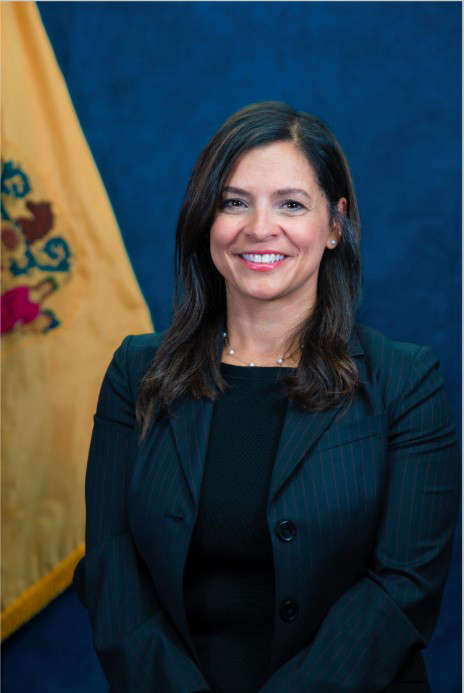
TRENTON, N.J. — The New Jersey Board of Public Utilities (BPU) faces new uncertainty after Republican Commissioner Marian Abdou announced her immediate resignation for family reasons at the board’s July 16 meeting, leaving two vacancies on the powerful five-member regulatory body. Abdou, appointed in 2023 to fill the unexpired term of Dianne Solomon, steps down as the board navigates several controversial issues, including a pending 8% distribution rate hike request from Atlantic City Electric, legislative demands for a probe into potential market manipulation by regional grid operator PJM Interconnection, and continued fallout from the state’s electricity supply imbalances and associated rate spikes.
The board has operated with one vacant seat since the September 2023 death of President Joseph Fiordaliso. Governor Phil Murphy named Christine Guhl-Sadovy as president, but never filled the vacancy left by her advancement. Abdou’s resignation leaves the board with only three members—two Democrats and one Republican. None are especially long-serving; Commissioner Zenon Christodoulou, appointed in August 2022, is now the longest tenured. Murphy, whose term is nearing its end, faces a narrowing window to nominate replacements, with confirmation by the state Senate required. By statute, commissioners are full-time, can hold no other employment, and serve six-year terms unless completing an unexpired term; compensation is set at $175,000 per year.
Some observers note the timing is problematic as the BPU is a focal point in several high-stakes policy debates, including electricity costs and the state’s energy future, as well as being regularly targeted by critics of New Jersey’s offshore wind initiatives and recent energy price surges. There is no indication of how quickly Murphy might act to fill the open seats or if the board will continue to operate with reduced membership through the end of his administration.
